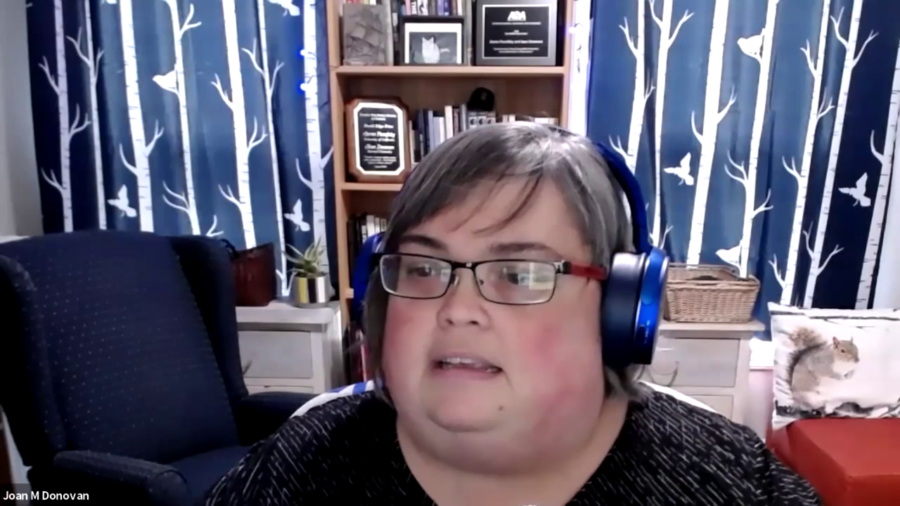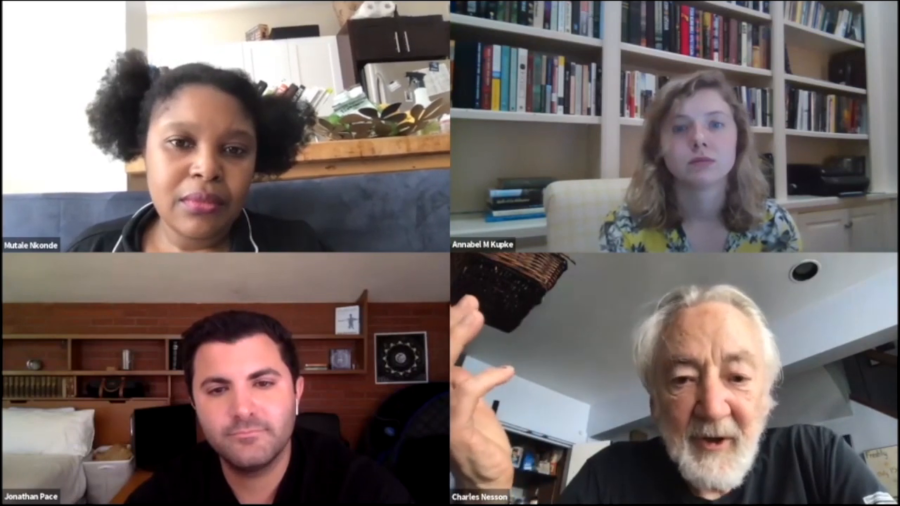Of course we’re avid, avid watchers of Tucker Carlson. But insofar as he’s like the shit filter, which is that if things make it as far as Tucker Carlson, then they probably have much more like…stuff that we can look at online. And so sometimes he’ll start talking about something and we don’t really understand where it came from and then when we go back online we can find that there’s quite a bit of discourse about “wouldn’t it be funny if people believed this about antifa.”
Archive
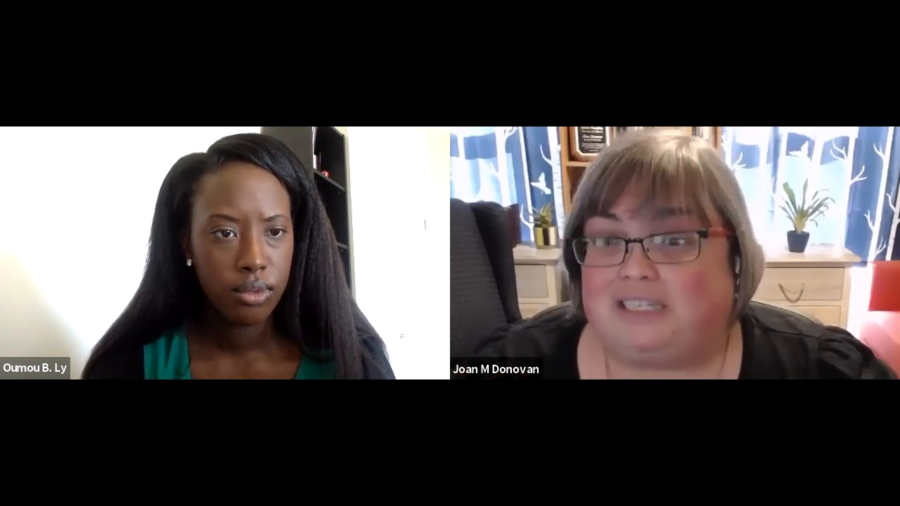
We are immersed in a hyperpartisan media ecosystem where the future of journalism is at stake, the future of social media is at stake. And right now I’m really worried that the US democracy might not survive this moment.
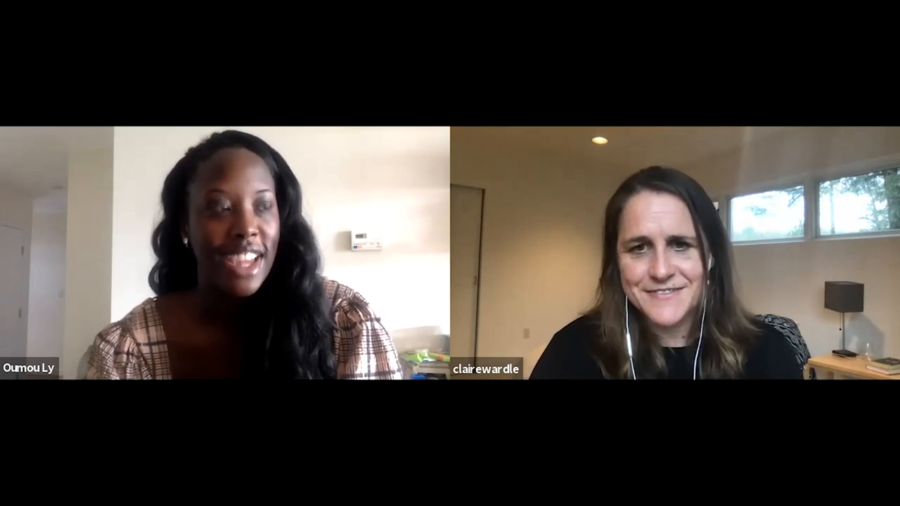
I think those of us who study and think about mis- and disinformation, it’s very tempting to study what’s in front of us. And so there’s a disproportionate focus on Twitter, because it’s the easiest to study because there’s an open API—although, caveats—and Facebook. That’s a lot of the places that we study. And similarly, that’s a lot of the places that journalists look for content and sources and stories. And so we end up kind of really just thinking about that as the “problem,” when actually we need to think about the full ecosystem.
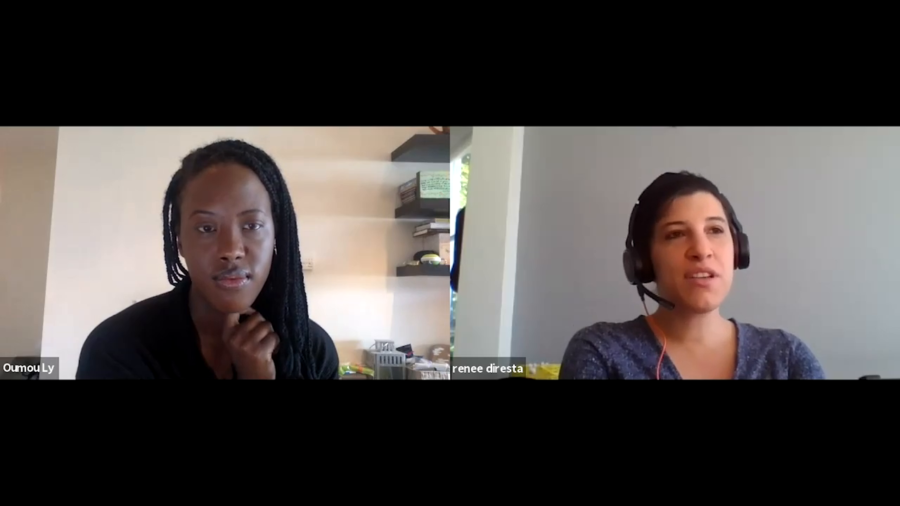
It’s been really interesting to see the entire world pay attention to one topic. This is something somewhat unprecedented. We have had outbreaks in the era of social media misinformation before. Zika in 2015, Ebola 2018, right. So there have been a range of moments in which diseases have captivated public attention. But usually they tend to stay at least somewhat geographically confined in terms of attention.
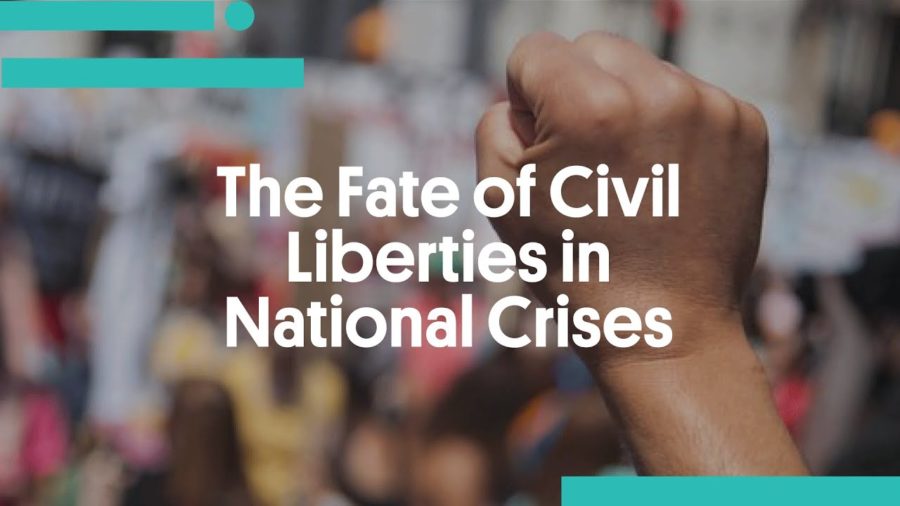
The system I would want is I would want an assurance that if some extraordinary measure has to be put in place temporarily to deal with a temporary crisis, that the word “temporary” will in fact continue to apply. And I will add that this is a moment when I really wish we had a functioning Congress.

